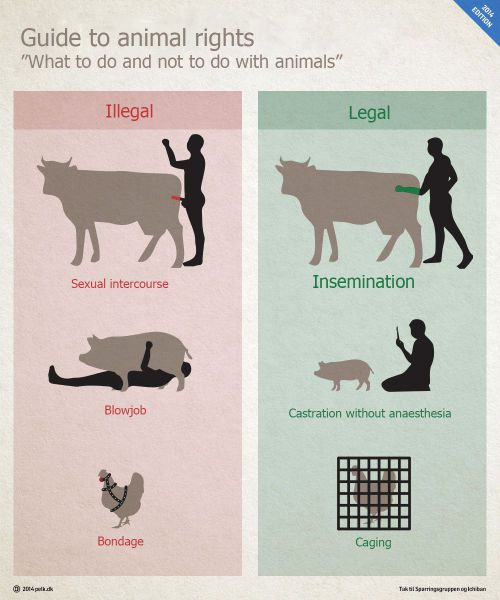Further to my
reading list for the upcoming indeterminately long time period, I will provide some quick reviews of the books I have actually read in the last few months instead of reading those on my reading list, in other order they appear on my Kindle (which roughly correlates with the reverse of the order I have read them). Books which I have read to completion are marked with an asterisk after the author's name.
Captain Corelli's Mandolin (Louis de Bernieres)*
See
here. Also, see a forthcoming article at ESFL focussed upon political themes in the novel.
An Open Letter to Open-Minded Progressives (Mencius Moldbug)
Really suffers from being very long. I've spent a couple of hours reading this and am only in the third chapter. May post a longer review if and when I read more of it.
Good Omens (Terry Pratchett and Neil Gaiman)*
Amusing, but suffered from very sudden swings in the story. As a result, we had massive build up and then suddenly the apocalypse started mid-conversation, lasted half an hour, and then ended very anticlimactically.
Thinking, Fast and Slow (Daniel Kahneman)
I still have about 30% to read, and certainly intend to read that at some point. And hopefully to reread it all, making proper notes on the thing. A fascinating book, highly recommended.
The Bible Unearthed (Israel Finkelstein & Neil Asher Silberman)
Very convincingly argued, discusses the historicity - or otherwise - of the Old Testament. I am about 40% through, and again I intend to continue reading it.
Wikipedia has a summary which I haven't properly read but may be helpful.
Reasons and Persons (Derek Parfit)
I have read only small parts of this - I was reading section three for an essay, and then my Kindle disappeared for several weeks. Very thought-provoking, though less convincing than many (all?) of the other non-fiction books here.
Transmission (Nate Soares)*
An interesting enough short story. It's no
Three Worlds Collide, and if you've spent much time in the Less Wrong memeplex then there probably won't be anything especially new to you in it, but perfectly readable as a bedtime story for adults.
Moby Dick: or, the White Whale (Herman Melville)
Was ever a more boring book written? I've criticised Moldbug for being too loquacious and for that I apologise when the monstrosity of a manual that is this book is present in the world. Feel free to try reading it, but I'm not a fan.
Romeo and Juliet (William Shakespeare)*
I find it hard to take the romance seriously - it is just
so ridiculously overblown - but perhaps that's the point. It was enjoyable, and the fact that I finished reading it is a point in its favour.
The Last Girlfriend on Earth (Simon Rich)*
Very amusing. Particular highlights include the stories
Occupy Jen's Street, I Love Girl, Trade, and possibly others which I can't remember. Also, very cheap on Kindle. Highly recommended.
Rapture (Susan Minot)*
I didn't really get anything from the book that I couldn't have got from
the Salon review.
The Obsidian Poplar, and other stories (various authors)*
So-so. The titular story was a retelling of the rape of Persephone which I felt to be rather awfully sympathetic to Hades, but at least that jerk Zeus also got a bashing. The various (I believe teenaged) authors wrote better than I could have, but it wasn't up to the standards I would expect of professional writers.
The Cry of the Icemark, The Last Battle of the Icemark (both by Stuart Hill)*,*
I enjoyed these when I was younger, and I still found them readable now, but I would not generalyl recommend them to anyone without a specific interest in fantasy literature.
The Cry of the Icemark is a wonderful book, but unfortunately the books which follow it in the Icemark trilogy read more like medium-quality fanfics than actual novels - the pacing is all off, every new challenge must be the greatest yet, and in general things are made out to be epic without doing the necessary groundwork.
The Lord of the Rings is epic, and it relies upon an absolutely vast groundwork and background; in the Icemark trilogy, the background seems to be completely
ad hoc, invented precisely five minutes before it gets introduced into the story. Christopher Paolini was arguably guilty of similar problems in the
Inheritance cycle, but he at least gave us a map of Alageasia and gave descriptions of things with no relation to what was happening at the time, so that if and when they
did appear he was simply fleshing out things which were already there.
Three Men in a Boat (Jerome K. Jerome)
The wry humour is amusing. I would recommend at least starting this novel, even if you subsequently don't enjoy it.
Das Kapital (Karl Marx)
Interesting in the same way that an autopsy can be interesting. I've only read his first chapter, on "Commodities", and it is fascinating to see how he arrives at the Labour Theory of Value. As we all know from Mises et al, the economic value of a good is subjective; however, if you make the mistake (one which Marx copies from Aristotle) of thinking that a good's exchange value is an objective property of the object, then his argument almost makes sense.


